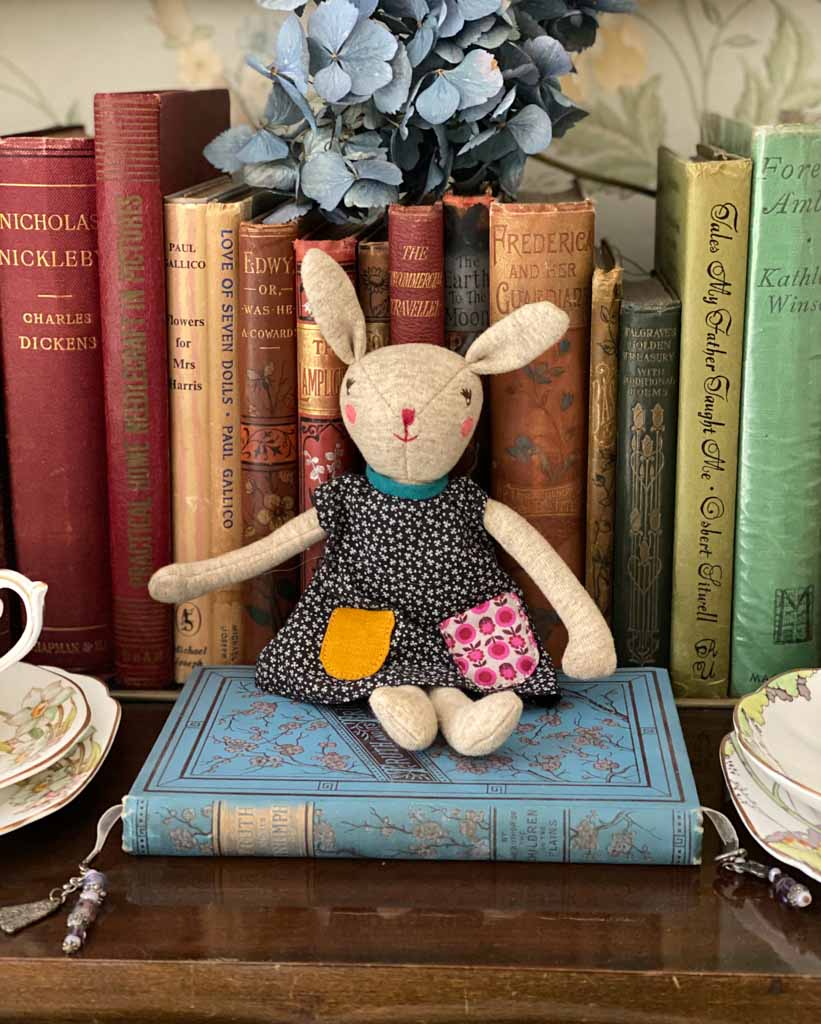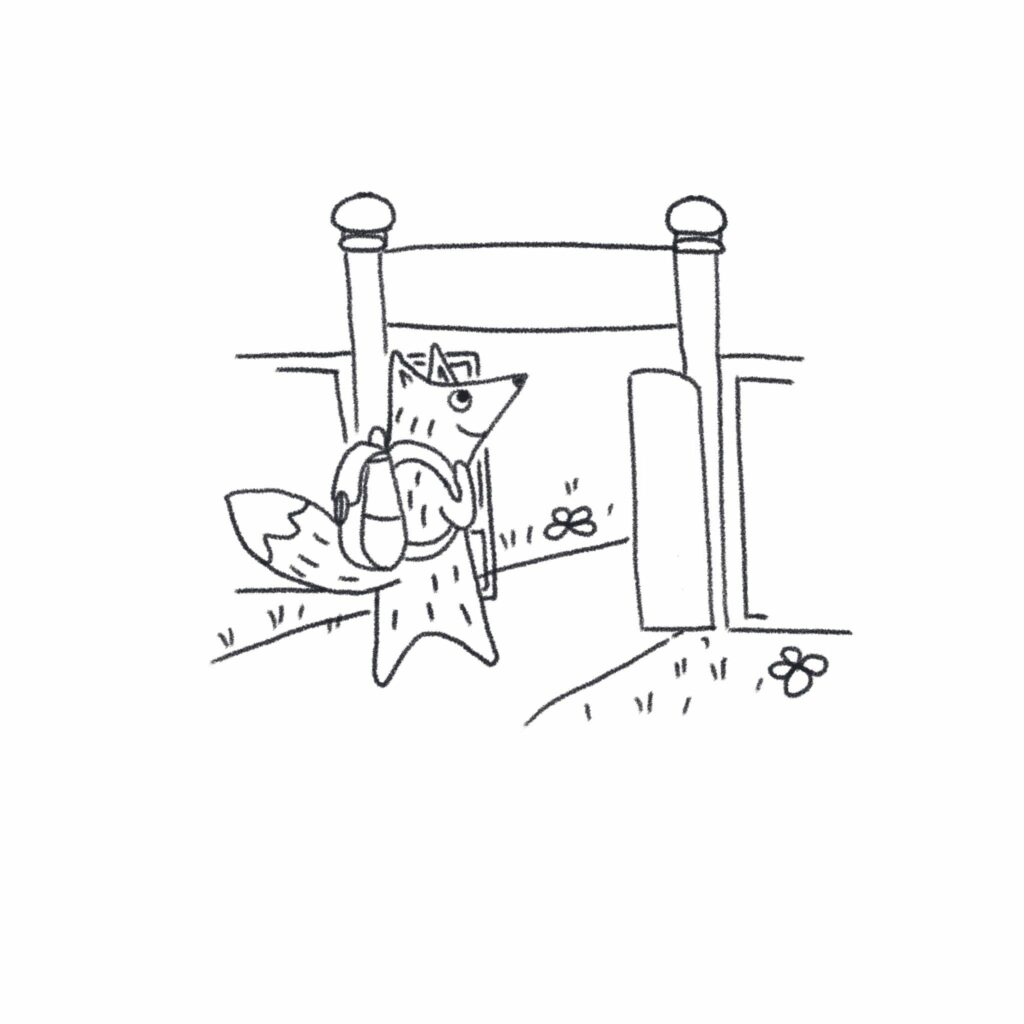We all know books are good for children, but what exactly are the benefits of reading for children and is there still a place of books in the digital age? Read our guide by Helen Jones to find out more:
Table of contents:
‘It really doesn’t matter what children read, as long as they read.’
Diana Gerald, Book Trust CEO
Books in the digital age
Sometimes you might wonder, do children still need to read books in the digital age?
As I write this, I am surrounded by screens; the screen of my laptop, my phone, the TV and my smart watch. So it’s easy to see why some argue that with seemingly unending technological advances, books are outmoded and no longer required.
Yes, these gadgets have changed the way we read, but we are still reading. Whether it’s on a Kindle, a message on our phone, or an email, this blog, or to our kids.
In fact, many of us now value reading more books than ever before, for that sense of escapism (both from the screen and reality). You only have to look at the growth of the poetry sector in publishing, the increased sales of printed special editions, the revival in reading aloud, the rescuing of ‘lost words’ from obscurity and boom of the e-reader, to see this.
As an avid book reader myself, with a booklover daughter, poet and librarian sister, and an uncle who’s a writer, I don’t need convincing of the power of books. But I do recognise that in this technological age it can be difficult to navigate the shifting waters of words.
Questions such as: what type of books should little ones be reading? And how do you get children interested in books? Or as Alex Johnson puts it in How To Give Your Child a Lifelong Love of Reading: ’How can we ensure a new generation of bookworms are whisked away to new worlds and essential discoveries?’
‘Books also help us to understand who we are. The stories children read help them to learn that it is OK to be curious, a good idea to ask questions, normal to cry as well as laugh and sensible to take advantage of opportunities or take up challenges, even if they can appear a bit scary at first.’
Alex Johnson, How to Give your Child a Lifelong Love of Reading.
Why read?
So what are the benefits of reading for children and why should we help them to read? Here are just a few good reasons:
Reading is healing.
did you know that it is commonplace in many countries for doctors to prescribe reading as an antidote various ailments there a strong mind-body connection- eases anxiety promotes relaxation and escapism broadens one perspective emotional expression reflection brings joy the body can follow suit find itself better place.
Emotional well-being.
The story becomes a safe place in which feelings can be ‘outed’ safely without real-world consequences.
Empathy.
Stories can help a child learn empathy, by putting themselves in the position of another being (not necessarily human!), assessing and experiencing how the other might feel. Not only is this the case for one character, but often for several simultaneously.
Confidence.
According to Alex Johnson: ‘Reading books can encourage children to consider and talk about difficult issues, help them to deal with the problem and build their self-esteem.’
New vistas.
According to Johnson reading ‘opens children’s eyes to the endless possibilities in the world’ and transports us to different cultures, giving us insight into the way others live, feel and their fantasies.
Well being.
Reading has a positive impact on empathy and sociability, not to mention mental wellbeing, memory function and even extends our lives! It can help prepare us for sleep and improve the quality of our sleep, as well as having stress-reducing effects. It can help fight depression and lower blood pressure and heart rate.
Literacy.
Language is everywhere and this is partly why reading is at the heart of education. It builds vocabulary and enables us to be articulate. It is the catalyst of communication; a not-to-be-taken-lightly life skill.
Not always a fairytale
But for some people reading doesn’t always come naturally (sometimes not just to kids but parents too). It’s hard to know where to start, especially if your child is not into books, or has a learning disability such as dyslexia which, among other things, can make words jumble around the page. So what can we do, to make it more nurturing and inviting?
Tips for parents
Reading isn’t mere phonics, chanting and connecting words to pictures. To move beyond the shrunken definition of language and become literate, in the deepest sense of the term, we can embrace reading in all its possibilities:
A book a day keeps the brain learning away.
Try to read with your child every day. Sounds like a big ask, but reading can take place anywhere, such as on a train or a picnic bench. A micro snippet can be all it takes – a short story at bedtime can be invaluable. Journalist eff Grabmeier wrote for Eureka Alert: ‘Even kids who are read only one book a day will hear about 290,000 more words by age 5 than those who don’t regularly read books with a parent or caregiver.’
Talk about books:
Conversation is a life skill, and one that can go hand in hand with books. Talking aids literacy. Talking about books fuels the fire of passion for reading.
Get comfy.
Creating a special, cosy, welcoming reading den can really help entice your little one into the land of the story. Try including soft cushions, throws and some form of den (which can be a sheet, or teepee) to keep you cocooned away from the world and distraction-free.
Book-based trips.
Try a visit to a bookshop, as well as libraries to aid story discovery. Attend book events and literary festivals. Or if possible, visit the places you’ve read about in books with your child, to really bring them to life.
Act it out.
[LINK] Role play and drama provide immediate routes into the world of a story and allow children to explore texts actively. Through role-play and drama, children are encouraged to experiment with the ‘what if?’ of plot and make it their own. Role-play is a particularly effective way for children to inhabit a fictional world, imagining what the world of the story would be like, and illuminating it with their own experience. It enables children to put themselves into characters’ shoes and imagine how things would look from that point of view.
Get out of the comfort zone.
Encourage little ones to explore reading texts they like in other languages (even if you don’t know any languages yourself). Have a guess at what some of the words mean and have fun with it. Select books for them, and yourself that you wouldn’t normally – it might just surprise you.
Hot seat.
‘You can freeze frame the scene in your mind, pick the character you’re interested in and hot seat them’ suggests Michael Rosen, the former children’s laureate. You or your child can get into the persona of one of the book’s main characters by acting as them, while you or their peers question them. This way the child gets to think like the character and explore their emotional landscape.
Repeat.
Reading the same book over and over is not a bad thing. Studies of language acquisition suggest this helps kids acquire and understand new words better. It builds fluency. Children are drawn to that which feeds their particular learning needs at the time. In these [LINK] sensitive periods children might repeatedly read a certain book, or engage in a certain task until the learning and fun is exhausted in that area. This is part of how we learn, so yes, reading that same book… again and *yawn* again… is good.
Access resources.
Try the [LINKS]Book Trust site, good reads website, review sites, Pen and Inc, – a magazine and listings guide focusing on diversity and inclusion, CLPE’s ‘Corebooks’ lists – a free service which recommends the most high-quality books for children aged 3-11, Just Imagine – monthly podcast on children’s books, Children’s Laureate Cressida Cowell’s reading charter and lastly Johnson’s book ‘How to give your child a lifelong love of reading’ which has lots of guidance,up-to-date resources and recommendations.
Final word
Most children learn to read by 6 or 7 years of age. But every child is different; some learn at 4 or 5 years of age and some as late as 7 or more.
Yet way before children can read themselves they learn to understand stories and words, and broaden their vocabulary by being read to, pretty much from day one. Enjoying stories, and having a calming bedtime book can help nurture a love for reading and an understanding of words from an early age.
That said, pushing your child to read too early can be counterproductive, according to Ballard. It should be about reading for pleasure, without any pressure, and building a positive association with books.
Part of supporting children to become bookworms and savour the joy of reading (and sometimes a bigger part than we realise) is about mindset, [LINK]resilience, self-efficacy and encouragement. Turning I can’t it I can is never easy but some of the tools from this article alongside a sprinkling of perseverance will always win out.
And don’t forget to savour the joy of books yourself, some bookworm role modelling is always inspirational and beneficial for stressed out busy parents. Whether it’s a magazine, a short read or a novel, the benefits of reading are there to be shared and enjoyed by all.
Happy reading!




